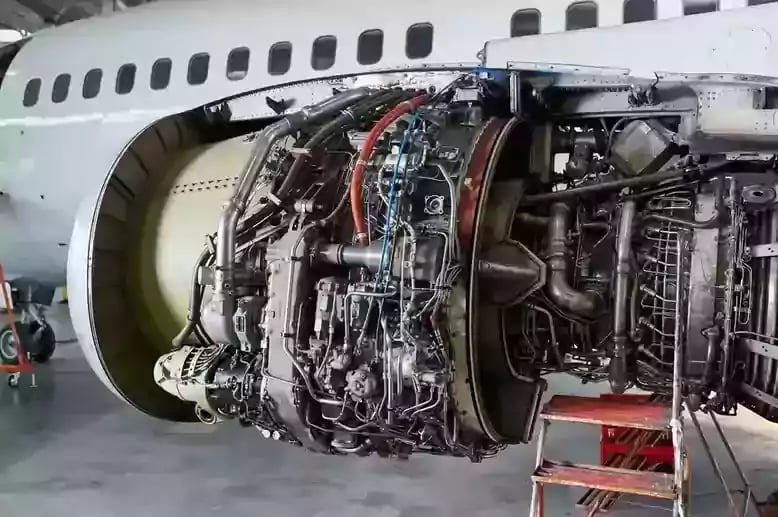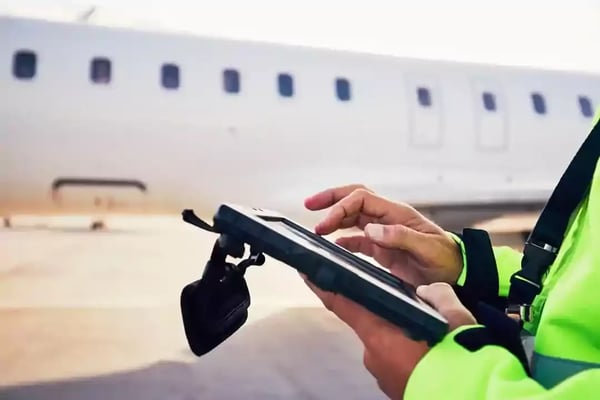Latin America in the aviation sector is represented by South America and the Caribbean Islands, and Central America with a few major airlines, to name a few, Aeromexico, Azul, Volaris, GOL, and LATAM, together with a few notable startups. As a growing leisure and business travel market, Latin America is the home base for about 185 airlines, including commercial, cargo, and air ambulance operators. Before getting into current trends and the impact of the pandemic on both MRO and airline market, it is worth discussing the history and general trends influencing the aviation industry in this market.
At first, culture and politics in Latin America substantially impact the development of infrastructure, including airports, maintenance sites and facilities. Moreover, even though the middle class is growing, the level of inequality and poverty is still high when compared to the rest of the world. Another challenge is the relatively cheap labor force within the aviation industry, which can lead to overcapacity but makes the market attractive.
Secondly, when looking at infrastructure, many countries in Latin America have a limited rail and road system. To enable traveling, some airlines provide an option to purchase both flight and bus transportation. For example, VivaAerobus connects over 100 destinations around Mexico.
As Latin America had political and economic challenges before the pandemic, several lockdowns significantly impacted the country and aviation industry. With closed borders and travel restrictions, airlines couldn’t operate in a normal capacity. MROs entirely depend on the air traffic. However, the fewer aircraft are used, the fewer the need for maintenance. Not to mention that airlines wanted to preserve the cash, reduce inventory, and retire older aircraft. At the same time, manufacturers of new aircraft and parts have been affected significantly. As was mentioned at MRO America’s 2022 conference, many airlines worldwide are suffering from a shortage of parts, and the Latin American market is not an exception.
On the other hand, we see an expansion of low-cost carriers in Latin America, such as FlyBondi, JetSMART, Viva Air, etc. Keeping costs to a minimum and reducing any possible losses, they play a crucial role in the recovery of the aviation in the market.
Despite all challenges, the aviation industry in Latin America is undertaking sufficient efforts to improve by adopting best practices. There is a clear tendency to adopt innovative technologies, make the workforce efficient, improve supply chain processes, introduce new services, create new routes, and enter partnerships. One of such initiatives is developing and enhancing the capacity of the airports and investing in start-up airlines. In the Dominican Republic, the government is considering the expansion of Santiago International airport. There is an increase in the aviation sector, with a few start-up airlines launching or planned to be launched. For example, Arajet, AvA Airways and SkyCana plan to be based in Santiago International Airport.
Technologies are playing a significant role in Latin American aviation and will continue to do so. There is a demand for new aircraft, particularly narrow-body ones, as they improve fuel burn and keep costs lower. As COVID-19 hit, many daily operations shifted to the digital format. For example, Latin America adopted AI technology to oversee aircraft serviceability status by collecting data while employees work remotely. This change also resulted in hiring a more digitally savvy workforce. Besides that, airlines are becoming more customer-centric. For example, Copa Airlines announced a flexible payment option to pay for tickets to enable customers to fly despite increasing prices and inflation.
As experts notice, though being a dynamic and promising aviation industry market, Latin America could benefit from increased collaboration between different regions. Alliances between countries and airlines could make Latin American aviation more competitive, as the recent news of the collaboration between Viva and Avianca embodies.
To finalise with a trend present in the global market, the aviation industry’s sustainability is on the agenda of Latin America’s airlines. All Latin America and the Caribbean countries have approved the Paris Agreement, which means reaching net-zero CO2 by around 2050 and substantial reductions of CO2 emissions by 2030 to achieve goals of limiting global warming. For example, LATAM has recently announced that they plan to reach 5% sustainable fuel use by 2030, become zero waste to landfill by 2027 and be carbon neutral by 2050.



 Chris Henner
Chris Henner
 If you are interested in knowing how you can improve your efficiency in maintenance operations, book a 30-minutes discovery call with us.
If you are interested in knowing how you can improve your efficiency in maintenance operations, book a 30-minutes discovery call with us.

